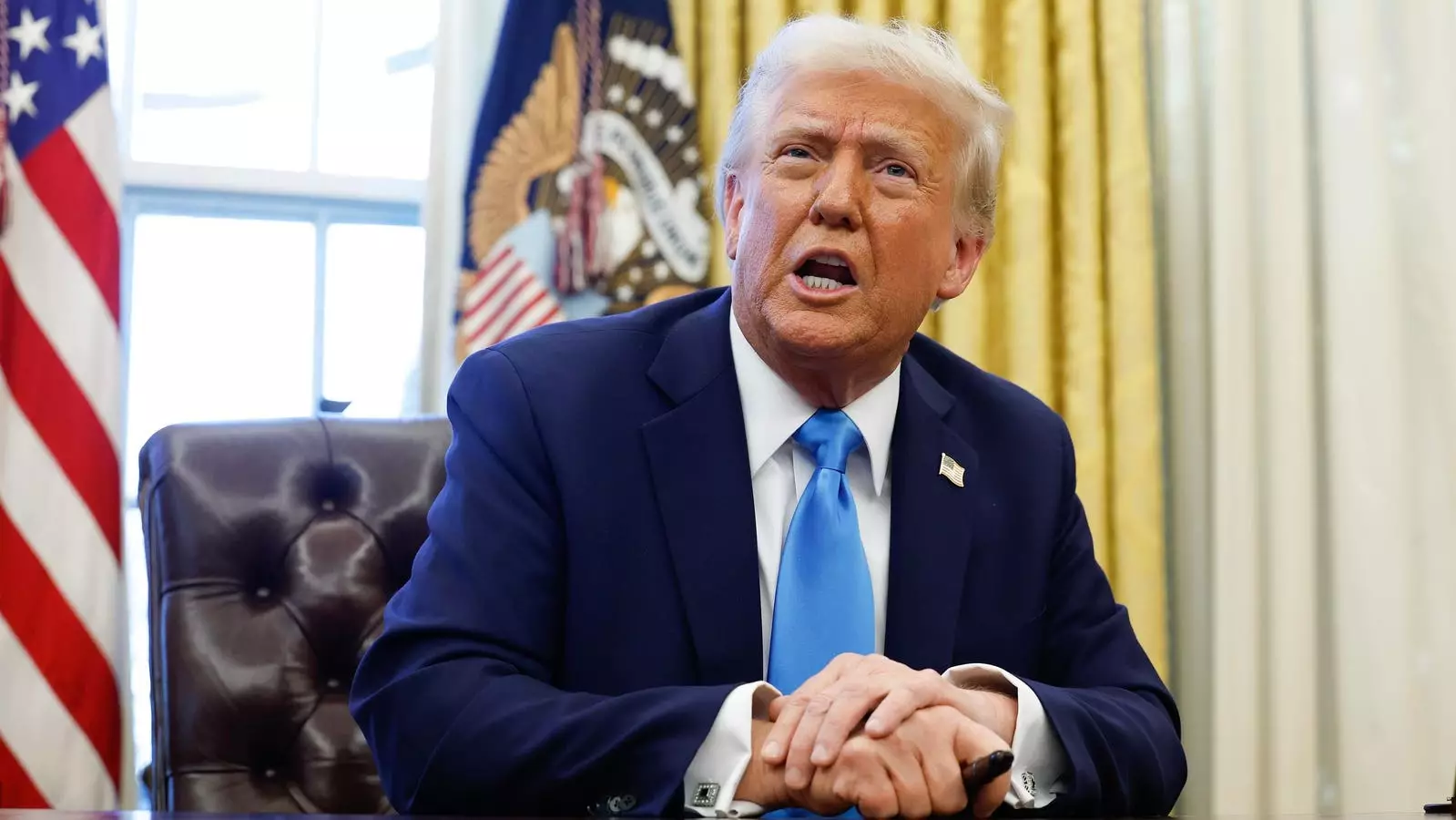In recent weeks, the United States has witnessed significant policy adjustments under the newly inaugurated Trump-Vance Administration. These changes impact a wide array of sectors, stirring debates on humanitarian aid, immigration, and healthcare. It is essential to critically analyze these alterations as they promise to reshape not just the United States but also its role on the global stage. The ramifications will undoubtedly affect citizens’ everyday lives, regardless of their political affiliation. Here, we delve into the three key areas that warrant attention as we navigate through this tumultuous period.
At the forefront of the economic discourse is the rising concern about food prices. Despite the administration’s campaign rhetoric emphasizing inflation reduction, the recent tariff policies implemented are likely to counteract those promises. According to economic researchers, tariffs imposed on imports from Canada, Mexico, and particularly China will inflate the prices of both imported goods and domestic products. Those already teetering on the brink of financial insecurity—families struggling to afford groceries—will bear the brunt of these economic choices.
The administration’s approach seems paradoxical: while attempting to bolster national trade, it inadvertently jeopardizes affordability for the low-income population. Higher food costs will disproportionately affect vulnerable communities, stripping them of their already tenuous safety nets. Policymakers must consider the cascading effects of such tariffs, which not only exacerbate poverty but may also ignite further social discontent.
The far-reaching ramifications of the Trump-Vance Administration’s freezing of foreign aid cannot be overstated. The U.S. Agency for International Development (USAID), which historically has provided vital humanitarian services, is undergoing significant changes that threaten its operations across over 65 nations. The ramifications of this halt reach far and wide—millions of people rely on USAID for medical care, food relief, and various forms of support.
Reports indicate that a significant portion of USAID’s workforce is being called back to the United States, creating not only a logistical challenge but endangering diplomatic relationships and exacerbating issues related to global peace. Such drastic measures risk not only destabilizing regions in need but also reflect a troubling shift in U.S. foreign policy—one that prioritizes an inward-looking stance at the expense of international cooperation. The potential erosion of global food security poses a significant concern, with long-lasting implications for humanitarian assistance initiatives.
The newly signed executive orders on immigration could dramatically reshape the American food system. Immigrants are integral to the backbone of agricultural production, with more than three-quarters of crop farmworkers categorized as either documented or undocumented. Through their contributions, immigrants strengthen economic viability across various sectors, supporting not only the farms they work on but the wider community.
The Trump-Vance Administration’s crackdown on immigrants, marked by aggressive actions from the U.S. Immigration and Customs Enforcement (ICE), threatens to dismantle this crucial workforce. The expulsion of vulnerable immigrants not only threatens job sustainability within the agricultural sector but also endangers food availability and accessibility. Additionally, as jobs become scarce, analysts foresee a potential shift towards an H-2 visa system characterized by exploitative labor practices, undermining the rights and welfare of those laborers.
As part of its broader agenda, the Trump-Vance Administration has set a course for withdrawal from significant global agreements, including the World Health Organization (WHO) and the Paris Agreement on Climate Change, effective January 2026. This withdrawal raises questions about the United States’ commitment to collaborative international health initiatives, particularly in light of recent global health crises.
Alongside this decision, substantial funding directed towards agriculture’s climate resilience is being paused, undermining efforts designed to make the agricultural system more sustainable and equitable. This decoupling from international organizations not only isolates the U.S. but also limits its influence on crucial matters of public health and environmental stewardship.
The Trump-Vance Administration presents formidable challenges that demand critical attention and engagement. With significant implications for food prices, international aid, immigration policy, and healthcare, it is incumbent upon citizens, policymakers, and advocates to scrutinize these developments closely. The future of many depends on our ability to remain informed and actively participate in the discourse surrounding these pivotal issues.


Leave a Reply